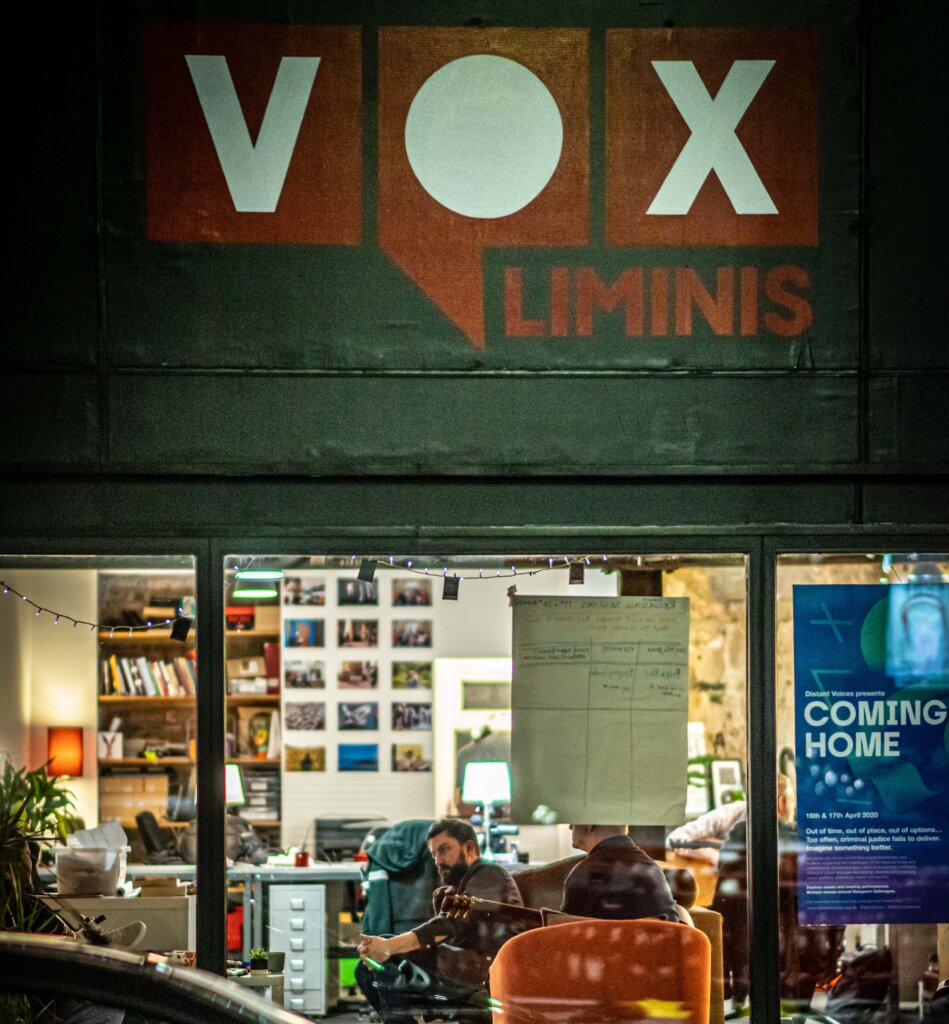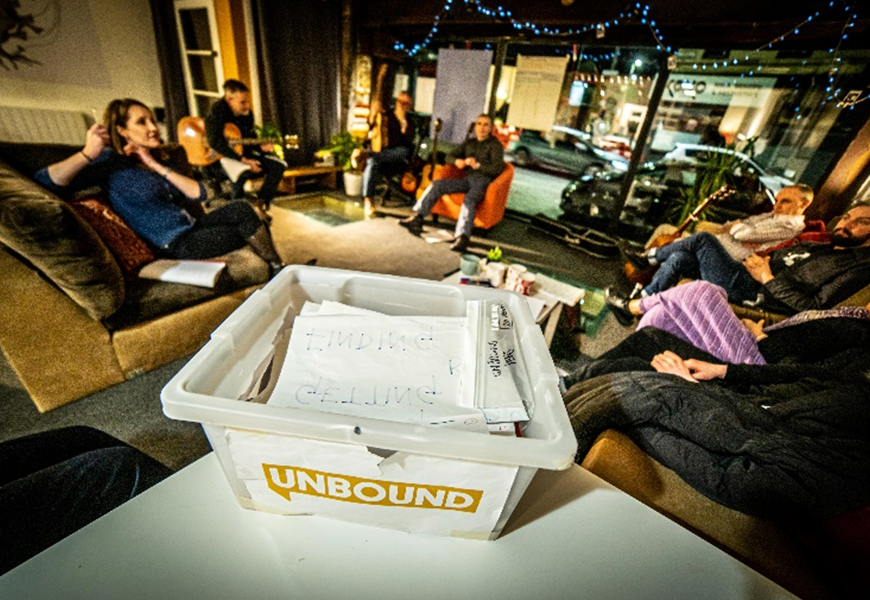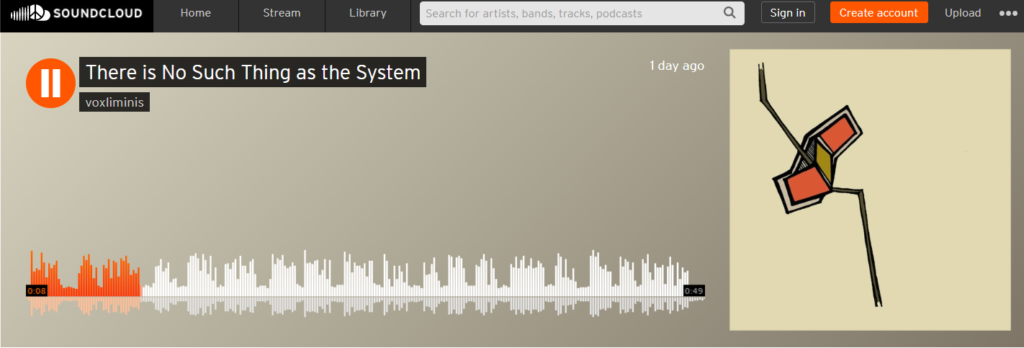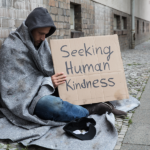Vox Liminis

In July 2022 we launched ‘A Casual Kindness’, a poetry collection created by members of the Unbound Community with poet and storyteller, Pádraig Ó Tuama. The publication is a strand of the Distant Voices: Coming Home research project.
The Distant Voices project brought together people who have first-hand experience of criminal justice with artists, researchers and facilitators to learn about moving on after punishment.
The project began as a collaboration between Vox Liminis and the Scottish Centre for Crime and Justice Research (at the University of Glasgow) and extended to include the Universities of Edinburgh and the West of Scotland.
Distant Voices: Coming Home was funded by the Economic and Social Research Council and the Arts and Humanities Research Council (under grant reference ES/P002536/1) and Creative Scotland.
For more information on Distant Voices please visit www.voxliminis.co.uk/distant-voices
Unbound is the ongoing creative community of Vox Liminis. A community of people with diverse experience of the criminal justice system – former and serving prisoners, people on community sentences, families affected by imprisonment, artists, academics, and people who work in the criminal justice system – using their creativity and experiences to spark positive change.
“A Casual Kindness evolved through a slow, iterative process of people connecting, sharing stories and insights, and writing together.
The Unbound Community first read research interview materials from ‘Distant Voices: Coming Home’ and some newspaper cuttings, and then interviewed each other about the challenges of coming home after crime and punishment. From there, we discussed our different experiences and perspectives. We began to notice some common threads.
Pádraig and I then planned a weekend away. Pádraig focused on the creative writing and I focused on the community-building – trying to build a culture where folk could take up different roles – simple but important things like divvying up who would take the lead on cooking different meals.
The writing we produced over the weekend was collated and left with Pádraig to explore and develop. He wove together the material into a first draft of a collection of poems, adding in some of his own thoughts. We brought this first draft of the collection back to the Unbound community to review and discuss… which resulted in further stories, insights and ideas. Again, Pádraig took these new ideas away, edited the collection, and wrote some new poems based on the stories shared. We went through this collective reviewing and editing process one more time – and then came together to read aloud and record audio versions of some of the poems. The collection continued to grow and develop during the recording process.
This process of reading, listening, exploring, responding and then changing what we make, underpins the kind of hospitality we want to embody in the Unbound community and the wider work of Vox Liminis.
As I hope is illustrated in the account above, this was a planned and carefully facilitated process rooted, as far as possible, in the values and principles of community development praxis which Margaret Ledwith (2005) describes as an ‘ideology of equality’:
Democratic values of respect, dignity, reciprocity, and mutuality together form a practical framework for checking the validity of everything we do in the name of community development, from personal encounters to global action (Ledwith, 2005: 3).
Memorable moments of recognition and connection along the way remain with me: the instant when someone first used the term ‘alien’ to describe their experience of returning from prison and the immediate and powerful collective recognition that resulted; the Saturday afternoon when someone recruited some sous chefs to cook a meal that would share something of her culture, family and heritage with the rest of us; the story from decades ago that someone shared in response to the first draft of poems – which resulted in the writing of Bad Letter Day.
These words and stories of recognition and solidarity in the face of violence – not least systemic and structural violence – raise radical questions about our ways of thinking and being together in society. Just as writing these poems connected and changed us, we hope that your encounters, as readers, with A Casual Kindness will spark action and change in you, and the places of connection you might influence.”



LISTEN TO ‘THERE’S NO SUCH THING AS THE SYSTEM’
My first day as a social worker, I hear that
most people don’t feel
like they belong to the system.
Most people in the system are good.
The system sometimes knows it’s the system.
The system sometimes denies
it’s the system.
When the system denies it’s the system
that’s when the system
does its most powerful work.
There are always ways to make
the system work for you
provided the system works for you.
On my first day as a social worker,
I learnt about the system and how the system
isn’t the system for everyone in the system.
The system can change. The system
has already changed. The system
doesn’t change. The system is a story
that doesn’t know its own story.
The system’s story’s fixed.
Tom Jackson, Head of Community Justice Glasgow, commented:
“At the sharp end of Community Justice is a belief in and a commitment to desistance from offending. Desistance unfolds within a complex landscape, affected by social, health, economic and other factors. That said, there is a growing body of evidence- such as that set out in ‘Inspiring Desistance? Arts projects and ‘what works?’ – around the efficacy of arts-based projects in the justice landscape. As well as a growing body of evidence, there is a growing level of experience in Scotland generally, and in Glasgow specifically, of organisations working across the arts, engaging with individuals and communities. Locally delivered and evaluated practice tell us how the arts can contribute significantly to changing attitudes, perspectives and behaviours for individuals, while also affording us all a deeper understanding of the complex desistance landscape.”





